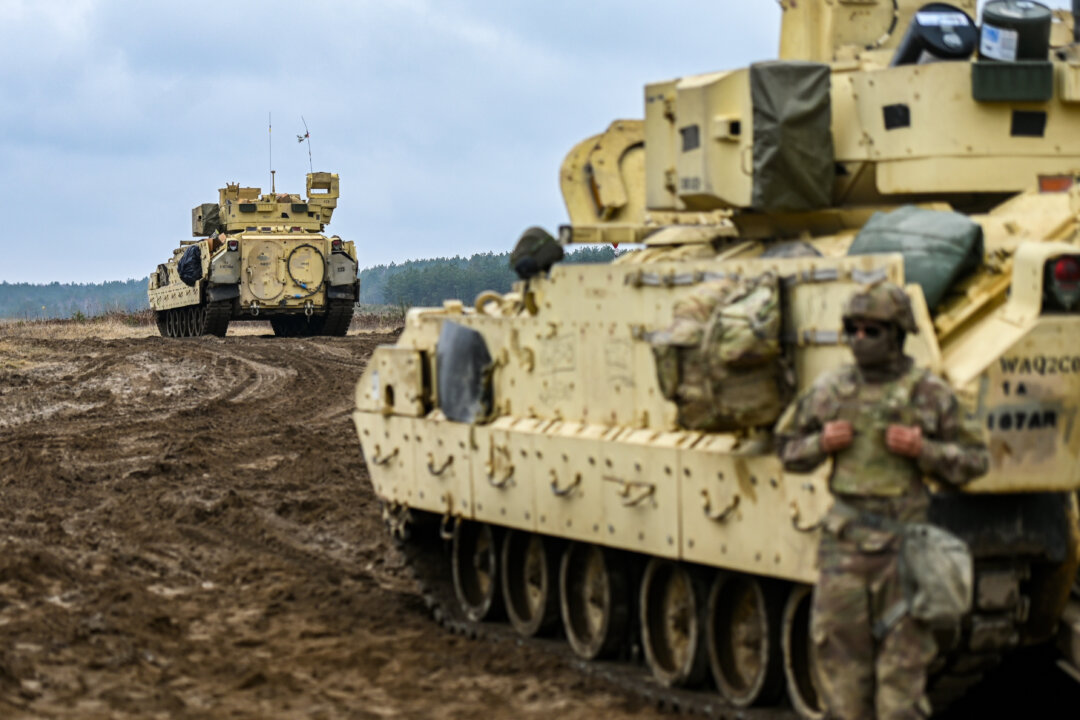Europe's Military Shortfalls and Trump Administration's Demands for Self-Sufficiency
The Trump administration urges Europe to increase military readiness amid concerns over Russian aggression, highlighting significant troop shortages and calls for more proactive defense strategies.
Subscribe to unlock this story
We really don't like cutting you off, but you've reached your monthly limit. At just $5/month, subscriptions are how we keep this project going. Start your free 7-day trial today!
Get StartedHave an account? Sign in
Overview
As Europe's military personnel shortages become critical, NATO's readiness is questioned following the Trump administration's demand for Europe to assume responsibility for its defense. With only 30,000 troops mobilized to maintain peace in Ukraine, nations struggle to enhance their military infrastructure and personnel. Poland seeks to double its army size while NATO encourages collaboration to boost troop numbers. However, many countries face challenges attracting and retaining military personnel, leaving Europe vulnerable amid rising tensions with Russia.
Report issue

Read both sides in 5 minutes each day
Analysis
- Europe is facing significant military personnel shortfalls following the U.S.'s shift in security priorities under the Trump administration.
- NATO's response to the challenges from Russia emphasizes the need for European countries to enhance military coordination and build troop numbers.
- Polish leadership is advocating for increased military preparedness and training, acknowledging the changing geopolitical landscape and potential threats.
Articles (3)
Center (2)
FAQ
The Trump administration's demands for Europe to assume more responsibility for its defense, combined with concerns over U.S. commitment to NATO, have raised questions about NATO's readiness and potential fragmentation if some members refuse to participate in combat.
Russia's military buildup, including its preparations in Belarus and efforts to militarize its society, poses a significant threat to European security. This has led to concerns about potential Russian aggression against NATO member states within the next few years.
History
- This story does not have any previous versions.

